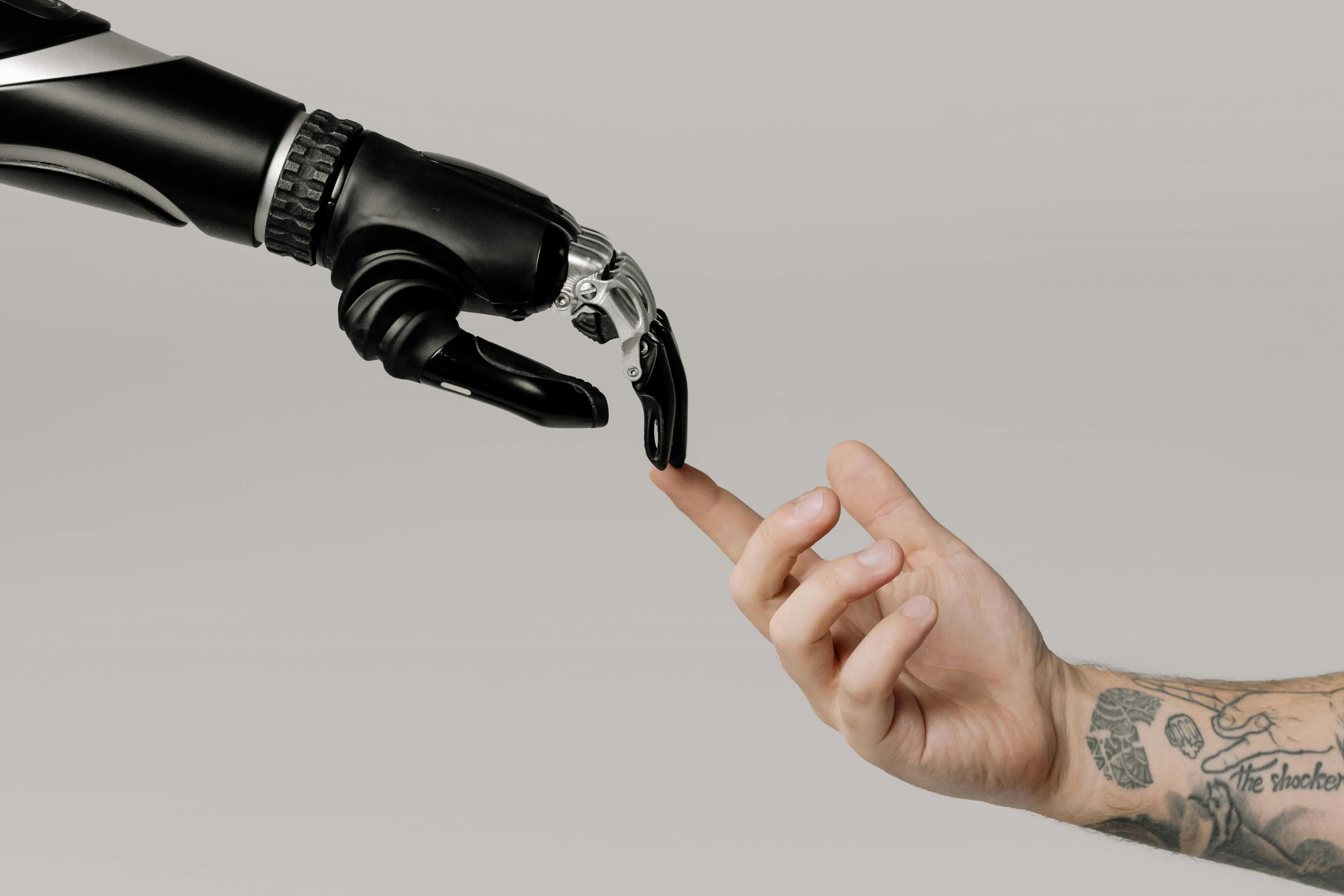Artificial Intelligence
/
27 Νοε 2024
Artificial intelligence and software companies: A path to digitalisation and competitiveness

The Rapid Advancement of Artificial Intelligence (AI) is Transforming the Way Software Companies Operate
As the cornerstone of digital transformation, Artificial Intelligence (AI) enables not only more efficient processes but also innovative approaches to software development. In this blog post, we explore how AI helps software companies address the challenges of digitalization and seize new opportunities.
AI as a Driver of Digital Transformation
Artificial Intelligence is more than just a technological tool—it is a major driver of digital transformation in software companies. By automating complex tasks such as code debugging or data flow optimization, AI increases efficiency in software development. This allows companies to bring digital products to market faster and more cost-effectively.
Tailored Software Solutions with AI
With AI, software companies can develop customized solutions precisely tailored to their customers' needs. Using AI-powered analytics and predictive tools, customer data can be efficiently evaluated, and personalized features can be implemented. These approaches not only enhance customer satisfaction but also create competitive advantages.
Innovation through AI-Driven Development
The integration of AI into development processes is revolutionizing the software industry. Technologies such as Natural Language Processing (NLP) and machine learning enable the implementation of new features like voice control or intelligent automation. These innovations not only increase the utility of software products but also open up new markets and business models.
Sustainability Through Intelligent Technologies
AI plays a key role in supporting the sustainability goals of software companies. By optimizing processes and resource consumption through data-driven insights, companies can reduce their environmental footprints. Additionally, the development of energy-efficient algorithms allows IT systems to operate with less energy consumption—a significant contribution to the green transformation of the industry.
Data Ethics and AI Responsibility
The use of AI also comes with responsibility. Software companies must ensure that their AI solutions comply with ethical and data protection standards. Transparent algorithms, the protection of sensitive data, and the prevention of bias in AI systems are critical challenges that need to be addressed through responsible governance.
Promoting Innovation and Collaboration
The continued development of AI technologies requires ongoing investment in research and development. Funding programs and partnerships between companies, universities, and government institutions play a crucial role in this. Particularly promising are collaborative projects that explore new AI application areas and share knowledge across industries.
Future Perspectives: How AI is Shaping the Software Industry
The future of software companies will be significantly influenced by AI. It offers not only the opportunity to optimize existing processes but also to enable radically new business models. From automated development environments to self-learning systems, AI will fundamentally transform the way the industry operates and the solutions it offers.
Conclusion
AI is an indispensable tool for software companies to remain successful in a digitalized world. With its ability to drive efficiency, innovation, and sustainability, it forms the foundation of digital transformation. Companies that embrace AI early can not only strengthen their market position but also contribute actively to shaping a future-proof and sustainable digital society.
Sources:
Federal Ministry for Digital and Economic Affairs. (2023). Digitalization Offensive 2030.
AI Initiative Germany. (2024). Promoting Artificial Intelligence in Business.
Gartner Research. (2023). The Future of AI in Software Development.


